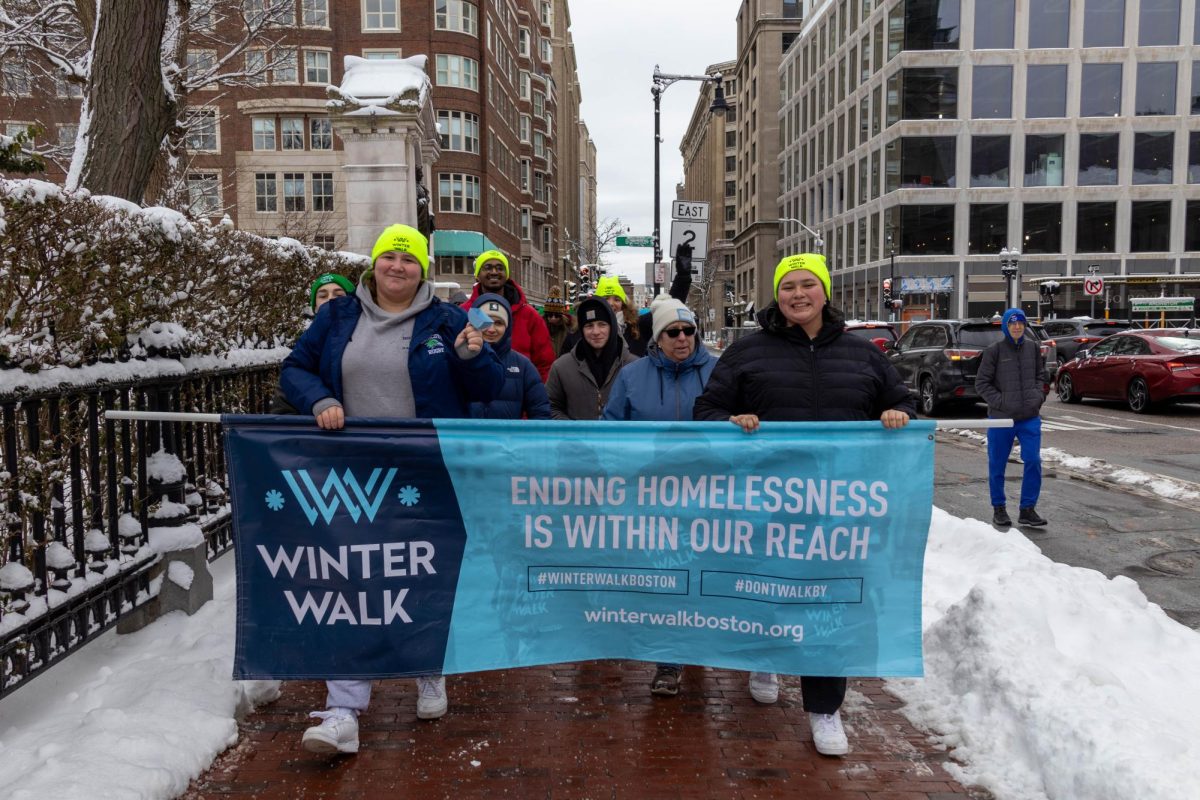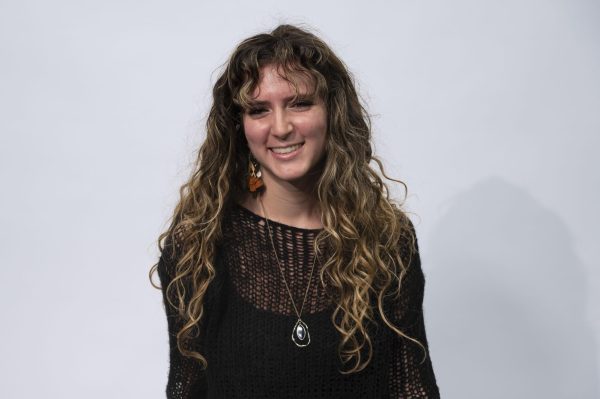Amidst Boston’s ongoing battle against homelessness, the Neighborhood Association of Back Bay, or NABB, Homelessness Task Force has emerged as a beacon of hope. Established in 2019, the nonprofit committee intends to promote the development of affordable housing, increase education on homelessness, raise funds and promote effective policies and programs for the homeless population.
“As the Neighborhood Association, we focus on the Back Bay, but that is just a tiny, little microcosm. … Our work at the task force truly encompasses all of Boston,” said Elisabeth Morris, co-chair of the task force.
The Homelessness Task Force’s efforts to reduce Boston’s homelessness rate are rooted in collaboration.
“We have been able to work with and build relationships with organizations like the Women’s Lunch Place,” said Kathleen Young, co-chair of the task force. Women’s Lunch Place, or WLP, located on Newbury Street, serves as a vital day shelter for women facing poverty and homelessness.
The Task Force partners with WLP at the Harvest Festival and Auction to raise over $100,000 annually, funding the support and services that the shelter offers to women.
“These events advance our mission in that they increase awareness in the community,” Young said. “We make it a neighborhood-specific kind of event. We call out [to] our neighbors, we get auction items that Back Bay would be interested in, local vendors and such. [It] has a big impact, in the end, on public policy.”
The task force, along with Beacon Communities, Pine Street Inn, Mount Vernon Company and other stakeholders, worked toward the development of 110 affordable apartments and 100 permanent supportive housing units on Clarendon Street.
Morris said this project was made possible by collaboration among government, state, city and philanthropic organizations. She said all 210 housing units are now occupied.
These units are designed specifically to help chronically homeless people successfully reintegrate into society.
The project utilized the Housing First approach, a model that focuses on immediate access to stable housing as the foundation for addressing other challenges.
“You don’t have to be sober or solve any other problems first,” Morris said. “Once you are housed there and feel safe, the social services 24/7 on-site staff will help you become independent.”
While many residents are supportive of these projects, some are not, members of the task force said.
“Community opposition is the biggest obstacle that we need to get over,” Morris said. “People have a lack of understanding of who these people are and the programs that are there to help people get out.”
A central goal of the task force is to bridge the gap by providing a deeper understanding about homelessness.
“[What the task force] really does is increase understanding and promote effective policies and programs through both education and advocacy,” Morris said.
Every year, the NABB Homelessness Task Force partners with the Boston Public Library to hold free educational forums that are open to the public, aiming to dispel misconceptions about homelessness and foster empathy among Boston residents.
“These people really do know what is going on at the frontlines and we talk to them about their mission and their challenges to try to get the public to understand the complexities of mental illness, abused women and all of the things that come together in causing homelessness,” said Vicki Smith, founder of the task force.
Smith said that with continued effort and collaboration, the NABB Homelessness Task Force is working toward a future where everyone has a place to call home.
Through educational forums, fundraising events and initiatives to promote affordable housing, the task force has begun to break down the barriers that isolate these individuals from the larger community. Its work emphasizes respect and acknowledgment, not just material aid.
“We always ask [unhoused individuals] ‘What do you think is most helpful for you?’” Young said. “They never say money. They say, ‘I want people to look me in the eye as a human being and say, ‘Hello, how are you?’ Over and over again, we have heard that people just don’t acknowledge them as human beings.”










![A demonstrator hoists a sign above their head that reads, "We [heart] our international students." Among the posters were some listing international scientists, while other protesters held American flags.](https://huntnewsnu.com/wp-content/uploads/2025/06/image12-1200x800.jpg)





